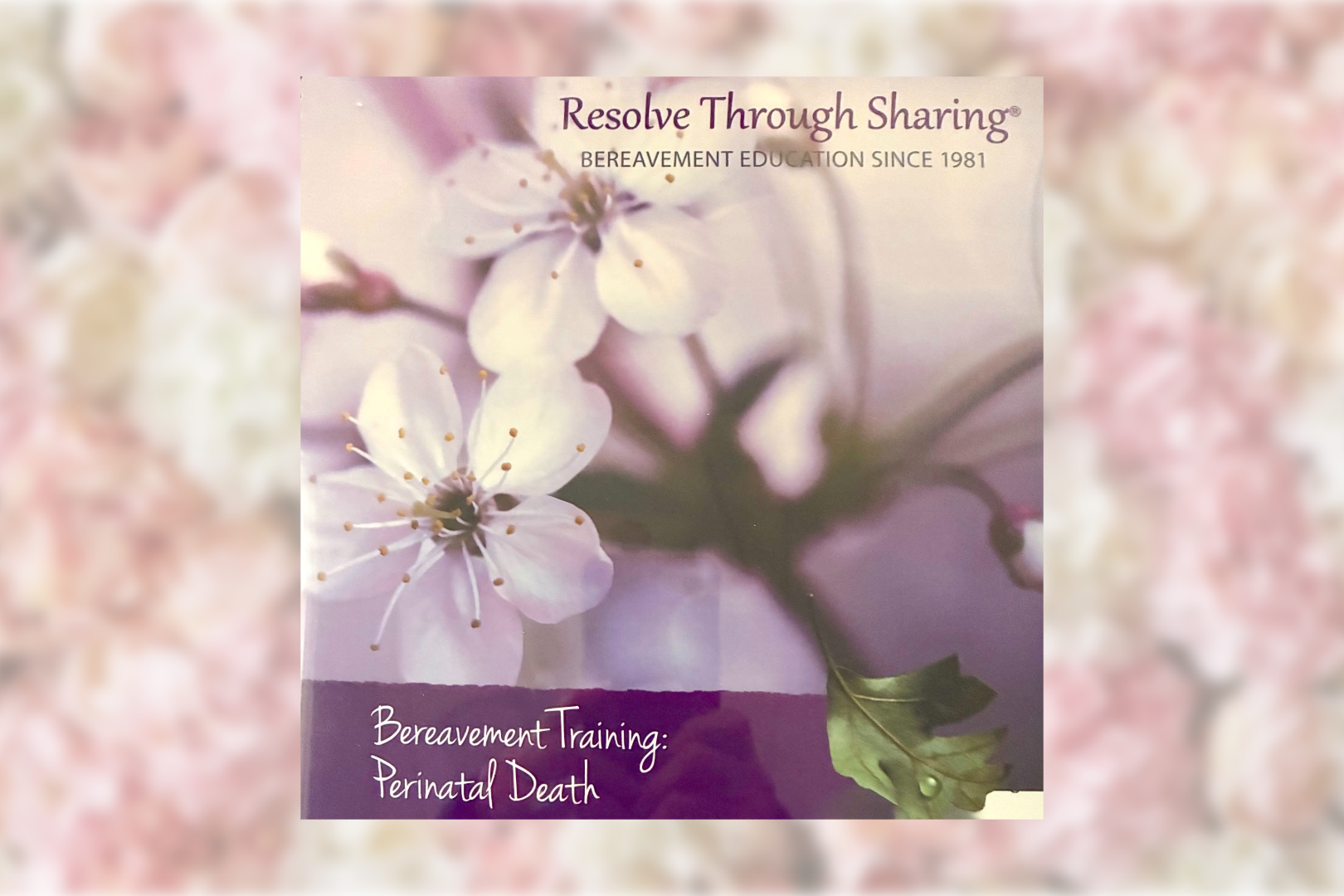We expect all of our members to be doing these three things: pray, invite, ask. The only problem with this is that we found it to be a catchy phrase, but we needed more depth and understanding. Pray what? Invite to what? Ask what?
The Hope of the Hopeless
God is the Help of the helpless. God is also the Hope of the hopeless. Oh, that we might all lose hope and embrace hopeless despair in order to discover our true Hope.
Growth and Delegation, Acts 6:1-7
The effectiveness of leadership can be measured by the willingness to delegate responsibilities to qualified men and women. Men and women “attested to by the community,” filled with the Holy Spirit and wisdom, are the ones who should be leading the programs of the congregations.
A Ministry of Coming Alongside
How often in ministry do we try to give people what we think they need? Whether that is in a pastoral counseling session or in upcoming class offerings or even from the pulpit, many times we think we know the answer to people’s situations without hearing where they are coming from.
Launching the 2026 Ministers' Salary Survey
For over twenty years, the Siburt Institute Ministers’ Salary Survey has sought to help ministers and churches as they navigate the tricky waters of minister compensation. Before launching the 2026 version of the survey, our associate director, Dr. David Kneip, sat down (virtually) with our research director, Dr. Suzie Macaluso, to talk about the survey specifically and congregational research in general.
Choose to Think on These Things
What is true? What is pure? What is praiseworthy? These are the things we are to focus on. We must also practice the things we have learned in Jesus.
Are You Worried About the Future?
We know that church leaders need vision to see God’s work, clear eyes to see our ministry contexts, and hope for God’s redeeming work in the world. We know that the future is uncertain, but we also know that God is at work, that the world is not just our enemy, and that we have good grounds for hope!
Experiencing God in Seasons of Silence
As I waited for God to speak, I became increasingly disillusioned by His silence. As someone in vocational ministry, I felt inferior to those who heard from God often. I feared the silence because I thought I wasn’t disciplined or important enough to hear Him.
This is Why God is in Charge of Church Plants
Only God could plant a church like this. And if He could do it then, He can certainly do it now. Listen to God. Talk about Jesus to everyone. Baptize all of them. Plant a church full of people that have only one thing in common: Jesus.
Falling In and Out of Love: What If Romance Culture Has Been Fooling Us?
Love is wonderful. But what romance romance culture dresses up as love can be deceiving. As we hold on to the beauty of love, I want to encourage focusing on the posture in how you pursue love.
Listen to Care: The “No Really, I’m Fine” Podcast
In their podcast No Really, I’m Fine, board-certified chaplains Aaron Metcalf and Mike Larson talk with healthcare workers in their Portland hospital about the stresses they face and how they cope emotionally with the daily demands of their jobs. The stories told in the episodes are authentic, heart-warming, and sometimes heart-wrenching accounts of real life in the trenches.
Resource for Perinatal Loss Ministry
“RTS Bereavement Training: Perinatal Death” is a 10-hour online training program that focuses on caring for families experiencing early pregnancy loss, ectopic pregnancy, life-limiting diagnosis, stillbirth and newborn death. Topics include foundational relationship-based concepts and theories, grief and bereavement, communication skills, meaning-making projects, perinatal mental health, self-care and more.
Connecting Saints and Sinners
When God connects saints and sinners, it is often the saint he is moving. Philip. Ananias. Peter. Sometimes he connects the seeker. The Ethiopian. Saul. Cornelius. Sometimes the person who at least on the surface has no God-interest.
The Apostolic Preaching (Acts 1-7)
What can we learn in these chapters? On the one hand, that people today need to hear the simple truth of the gospel. On the other hand, the church of the 21st century must overcome the temptation to preach a message tailored to what the majority wants to hear or to what is “politically correct”—in spite of the consequences.
Top Articles from 2025
Read the 11 most-clicked articles from the 2025 publications in Mosaic, the Siburt Institute’s blog on church, culture, ministry, and discipleship.
The Two-Fold Challenge of Raising Up Ministers
A family does not need a long history in ministry or missions to raise children who love ministry. Parents can choose to create an environment that encourages their children to become involved in church in a deeper and more active way.
Back Off—She’s My Friend
As the self-appointed communication evangelist, my focus is usually on how we talk to each other, especially during conflict. Negative self-talk, is a type of conflict. Never in a million years would we talk to other people like we talk to ourselves. Yet we allow these thoughts to bully us every day.
Sacred Complaining
I thought that, when we talked to God, we were only allowed to give thanks, to worship Him, and to ask for His blessings in various capacities. I still believe that can be true; however, one thing that I never said or did when it came to God—because I thought it was off-limits—was to complain.
All is Calm
Yearning for tranquility is certainly not a new concept. In the last decade, a trend popularized through books and media attention has been passed around about a pursuit of contentment and comfort called hygge. The practice began as an effort to deal with long, gloomy winters. This attempt to foster a sense of snugness and satisfaction is a way of life in Danish culture.
Frozen Rivers & Fresh Bridges: Leading Towards Intergenerational Ministry
I thought about the wintery seasons of life. Times when things died or went dormant. Yet, those deaths often brought new life and new emotions. I still experienced pain and grief, but I eventually found hope and possibility. Sometimes what looked like a closure in my life actually created a new path.





















